
Work conditions in IT
Comment
Comment
A high percentage of specialists evaluating their work as inefficient, regardless of whether they work remotely or not, might be surprising. On the other hand, it clearly indicates how much potential lies in good self-organization and effective team or project management.
Artificial intelligence can become a natural tool for enhancing work efficiency today. In collaborating with our clients on AI solution implementations, we see various areas where AI can boost efficiency. And there are really many of them. In terms of not just companies but even IT specialists themselves, AI can play an even greater role in enhancing the efficiency of creating secure code.
Comment
Private medical care, life insurance, or a sports pass are already standards in the job market today. However, to stand out and ensure long-term development, both for employees and the organization itself, one must go a step further.
At ING Hubs Poland, we place great emphasis on providing our employees with a range of benefits related to the development of hard and soft skills. Each employee is different, so it is worth trying to create opportunities that will satisfy various needs.
As a multicultural work environment, we create comfortable conditions for every employee, regardless of their gender, age, or origin. We support a culture of inclusivity, among other things, by creating groups focused on: the presence of women in the technology environment, the LGBTQ+ community, cultural diversity, and people with disabilities and neurodiversity.
Another very important area is wellbeing. At ING Hubs Poland, we implement a strategy in this area based on three pillars: body and physical fitness, emotions and mental resilience, balance between work and private life. Everyone has access to a mental health hotline, preventative health screenings, or additional days off. Thanks to such an approach, it is possible to comprehensively take care of the well-being of employees, which in today's world is of particular importance.
Comment
For many people, work is one of the most important elements of life. Survey results indicate that for a significant group of respondents, work is not merely a duty, but a source of deep passion. Over 23% of those surveyed described their workplace as an area of intense passion, reflecting a rare but significant phenomenon of professional engagement with personal passion. It is precisely these employees, who not only perform their duties but also find a source of inspiration in them, who often achieve exceptional successes and bring innovative approaches to the workplace.
On the other hand, for the majority, as much as 39.3% of study participants, work constitutes a significant source of passion. This means that although they may not experience extreme emotions associated with work, they nevertheless approach their daily duties with a high degree of engagement. This approach could be key to maintaining a balance between professional and private life, which is becoming increasingly important in today's demanding work environment.
For 29% of respondents, work is a passion to a moderate extent. Although for them, the profession is not the main source of passion, there is still an element of engagement. This group is likely seeking a balance between work and other areas of life, finding satisfaction in a moderate level of professional engagement.
In summary, these results show diverse engagement, but at the same time, they demonstrate that in the IT sector, which requires continual expansion of knowledge, it is impossible to do so without linking it to passion.
Work that is a passion has many advantages. It brings satisfaction, motivation, and a sense of fulfillment. It also allows for development and achieving success. However, combining passion with work can also pose certain risks. Therefore, it is important to seek balance, for the employer to support the physical and mental health of employees, as a condition of emotional well-being. This is our mission in our company; we implement it for our employees, but also for the employees of our clients.
Comment
Data indicates that remote work affects the level of occupational burnout. Employees who do not work remotely more often experience higher burnout, with the percentage of those very burned out at 7%. In comparison to those who work remotely 1-2 and 3-4 days a week - here this percentage is ~5.4%. Interestingly, a complete transition to remote work is associated with an increase in average burnout. This suggests that moderate remote work may help reduce extreme burnout, while full-time remote work may be less beneficial.
Most companies, including large ones such as Totalizator Sportowy, have decided to introduce a hybrid work model, allowing managers and employees to decide how often they want to appear in the office, without completely abandoning the stationary work model. The proportion of remote and office work in a given position is primarily determined by the nature of the tasks performed by the employee. Such a strategy allows employers, as the above results prove, to more effectively minimize the risk of occupational burnout.
Comment
Over 70% of surveyed individuals confirmed that relationships with colleagues are significant to them. What can and should an employer do in this matter? Support these bonds and give people as many opportunities as possible to spend time together. It has long been known that in teams where people like each other, cooperation and communication run more smoothly. Good relationships between employees create a positive atmosphere, engagement, increase productivity, and reduce stress levels. Stronger bonds between team members also contribute to lower turnover in the company and shape a greater sense of belonging to the organization.
We are aware of this at KMD! We actively build and financially support so-called Passion Clubs, where our employees can jointly develop their passions such as running, volleyball, sailing, board games, and even paragliding. Currently, we have as many as 15 such clubs!
Another key aspect of relationship building in KMD is joint charity activities. We are very proud of our employees who surprise us every year with their creativity and commitment during the Noble Box, charity auctions, campaigns for animal shelters, or conducting programming lessons for children.
Let's not forget about team-building events, competitions, and monthly events at the office. From time to time, we meet to celebrate together, for instance, Programmer's Day or Hygge Day, or compete during a foosball tournament or a pub quiz. Twice a year, we meet outside the office for large events that, apart from standard integration, also include team-building elements. The mentioned activities positively impact the wellbeing of our employees, which is also a key factor in creating a positive atmosphere at work and beyond.


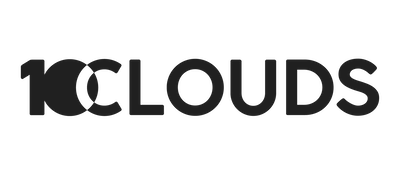
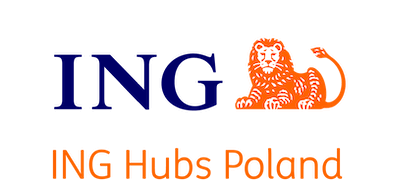
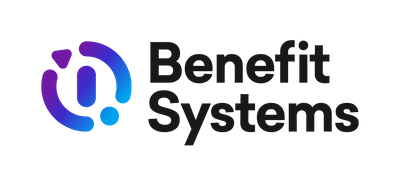
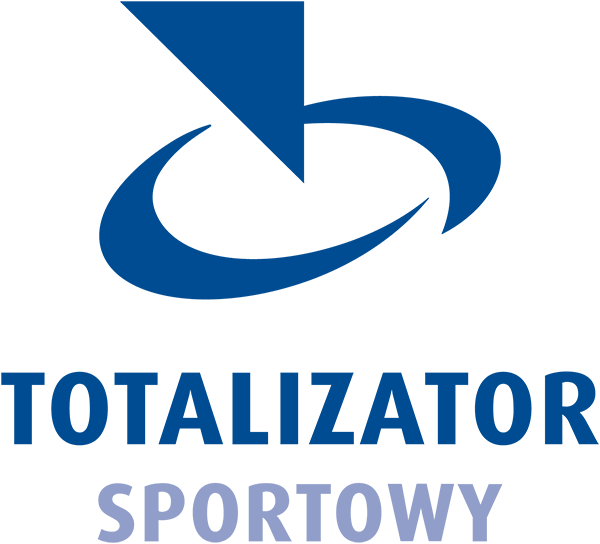
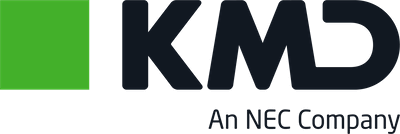
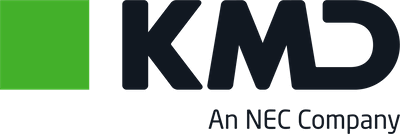
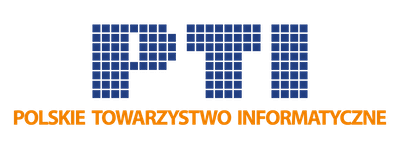

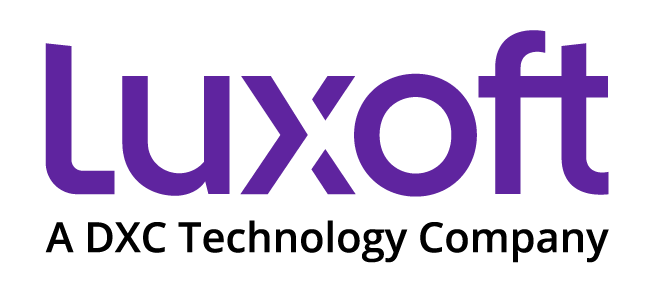

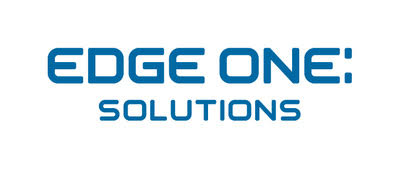
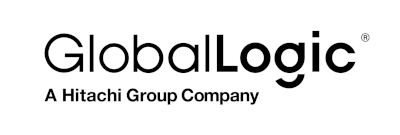

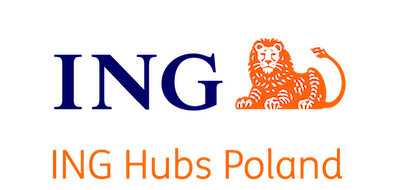
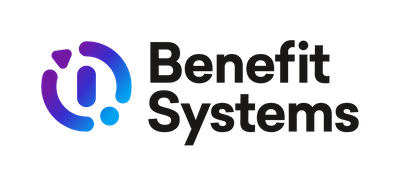
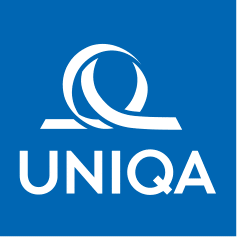

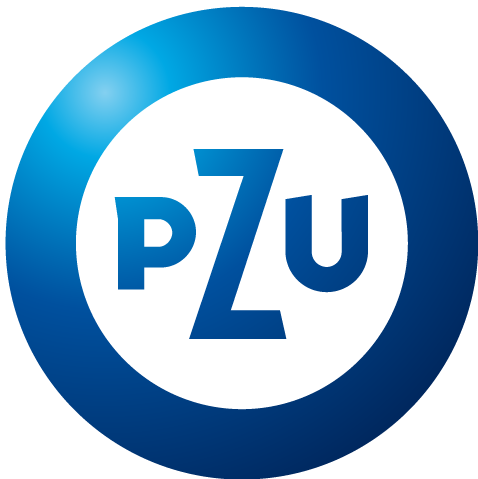
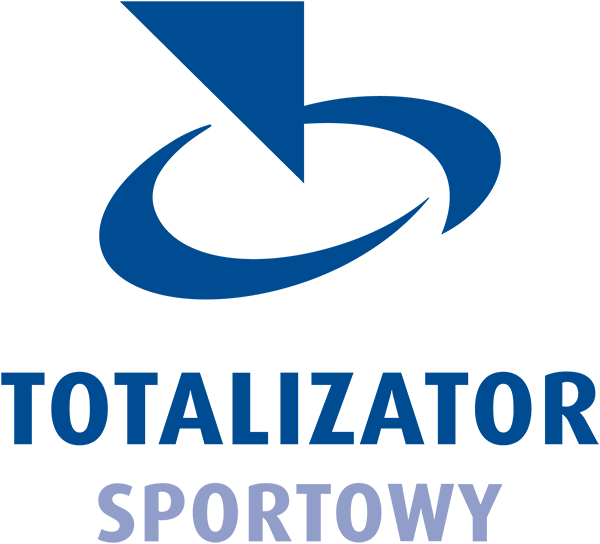
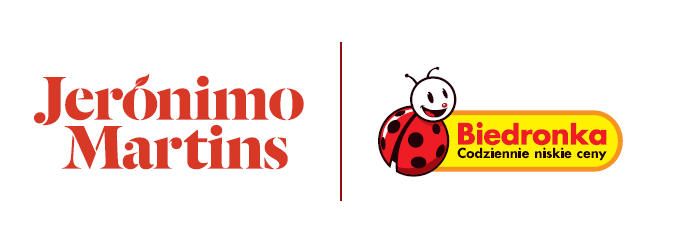
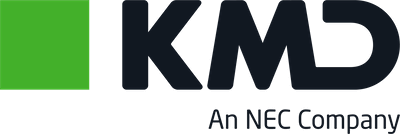


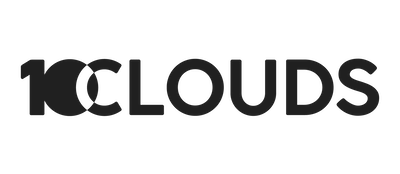




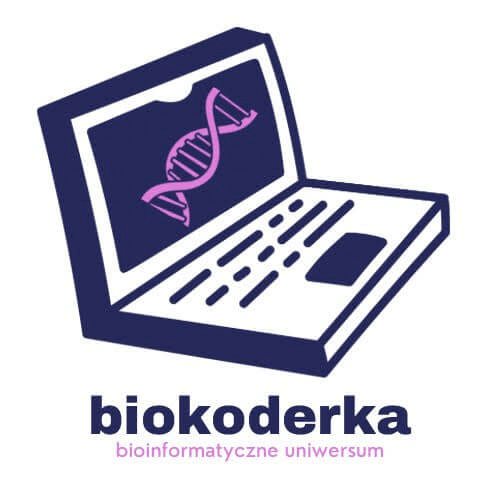
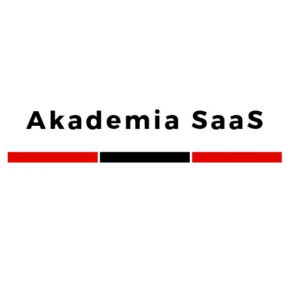
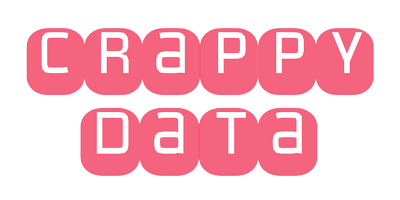



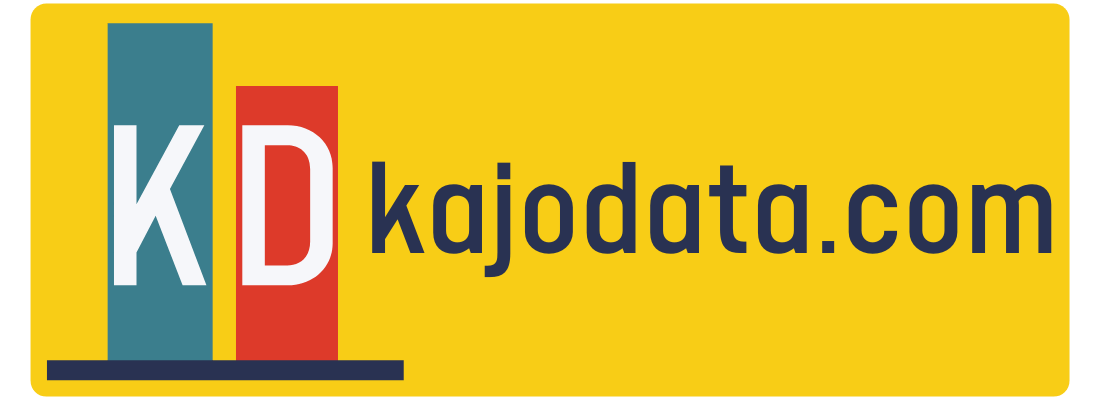

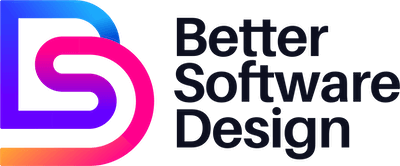


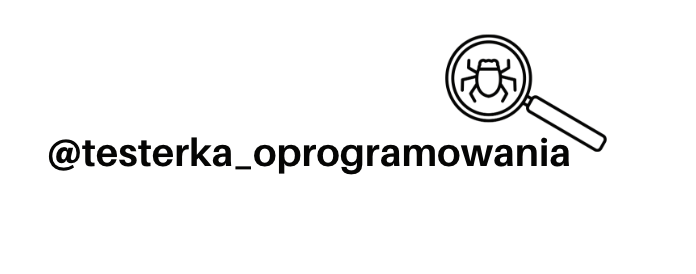

The traditional 9 to 5 office work routine has undoubtedly moved to the background in recent years due to the pandemic and changes in technology and organizational culture. Currently, employees often can choose from models of remote, hybrid, or 100% in-office work. Each comes with unique benefits and challenges. The report shows that nearly 63% of respondents have the option to work remotely every day. The "remote" mode of work has been adopted by thousands of companies around the world. Remote work provides flexibility, promotes a balance between professional and private life, and better management of family responsibilities. The hybrid model combines remote and office work, recognizing the value of coworkers meeting in the physical world, not just through laptop screens, while still benefiting from remote work. Traditional office work previously facilitated spontaneous collaboration, teamwork, and building relationships. It offers immediate access to resources and mentoring in professional development. At SOFTSWISS, we encourage remote work but also offer modern offices in key locations for those with other preferences. As an international technology product company employing 2000 staff from 26 countries, we strive to meet the needs of our employees across different time zones, with 5 offices in Poland, Georgia, and Malta.